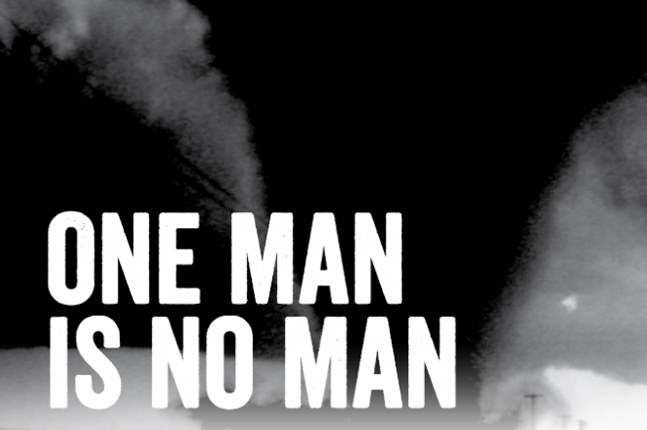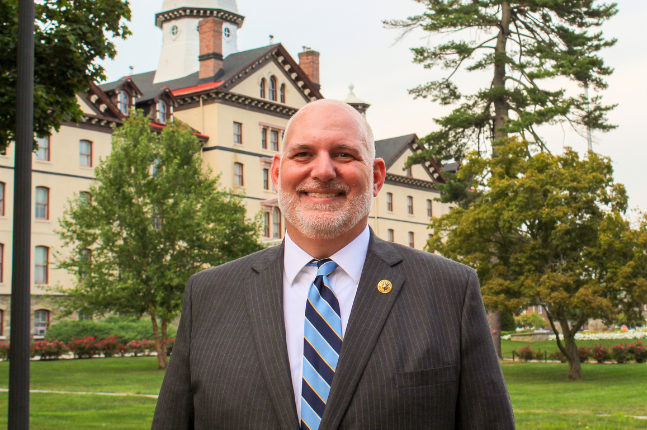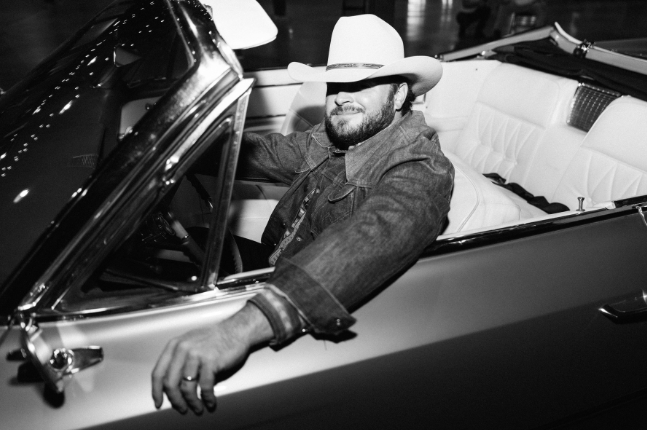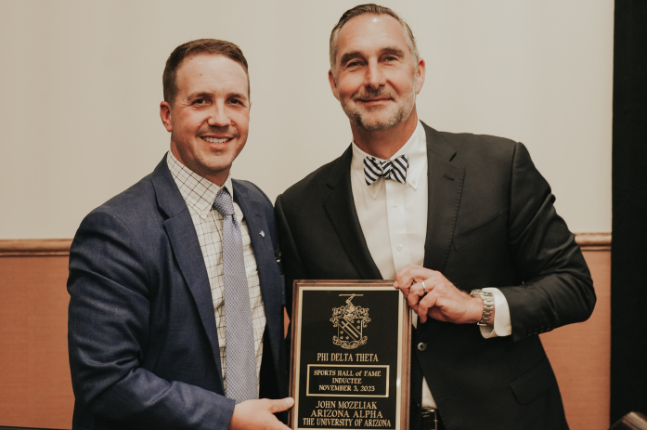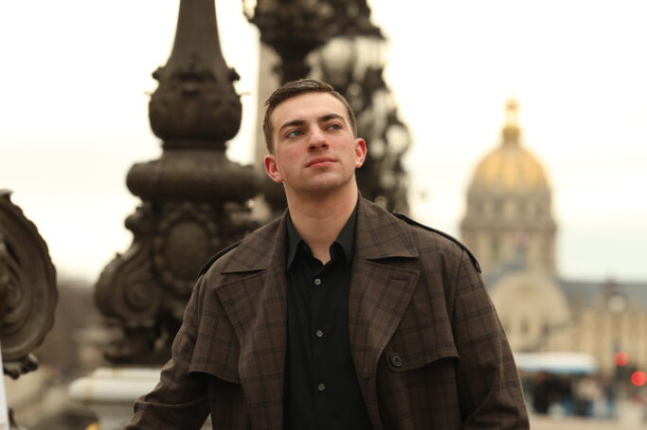When called to lead during a crisis, four Phi Delt alumni did what ought to be done
By Joan Schiml – Director of Annual Giving & Advancement Communications
As seen in the Winter 2018 Edition of The Scroll
Phi Delta Theta prides itself on being a learning laboratory for emerging leaders through its leadership development programs. While there is no doubt that leading when times are smooth is a skill, the question of what it takes to lead in the unexpected and perhaps even most tragic of situations is an altogether different question.
In this issue, we asked brothers who have made careers out of leading in high-stakes situations about what it takes to be successful and how Phi Delta Theta shaped them.
Dig deep and draw on past experience and faith
“You’ve got to be a person of character long before a crisis occurs,” replied Father John Friedel, Southeast Missouri State ’82, when asked to share his thoughts about how to lead in a crisis. Father “J,” as he’s called, is the pastor at St. Peter the Apostle Catholic Church in Joplin, Missouri—the town hit by the deadliest tornado on US soil in 2011. “When the crisis hits, you have already been practicing in small ways over many years.”
For Friedel, this practice takes the form of cultivating right relationship with God, self, and others. When this is in alignment, one is able to fully answer God’s call to be of benefit to society by becoming the person that God wants you to be, utilizing all that one has learned, and one’s relationships to bring it about.
In a crisis situation, Friedel acknowledges that ultimately people have to lead themselves back to wholeness; but a spiritual leader can help people do this in a way that helps them eventually make peace with the tragedy. “To do what ought to be done is a thought that came to me several times in the immediacy after the Joplin tornado in 2011. It moved me to play my best game in taking care of people. Six years later we are still rebuilding economically and dealing with the personal loss of life. I continue to dig down deep and draw on past experience and my faith, something I have been practicing all my life.”
Crisis leadership is about people
Drawing on past experiences is what Brother Cameron Leiker, Emporia State ’90, does every day in his position as deputy executive director of the US Army Center of Military History. As COO of the organization, Colonel Leiker ensures that there are resources and opportunities for the US Army to be a continuous learning organization by studying historical military strategy. Sixteen years of continuous wartime requires drawing on the lessons of history but also Leiker, like Friedel, acknowledges that crisis leadership is really, first and foremost, about people.
“In preparing for the unexpected, a leader instills confidence in people, a belief in their ability to perform, and that you, as their leader, have their best interest at heart. By placing emerging leaders in ever-changing and challenging environments, they are able to develop the confidence needed in crisis moments. A leader also has to accept full responsibility that his or her decisions—or lack of decisions—have consequences for everyone involved.”
During his career, Brother Leiker has made decisions that have affected lots of people. He has had a hand in designing strategy internationally (in Iraq and Africa) and at home (after Hurricane Katrina). He was at work in the Pentagon when it was struck on 9/11 and both he and his wife (a colonel in the Army) have been in combat simultaneously.
Trust the process
Enter Brother Kevin Cornelius, Eastern Kentucky ’84, a former FBI hostage rescue agent and current corporate security director at Ashland LLC. He believes that being anchored in a plan and God is essential.
“Who would’ve thought that a counter-sniper was needed at a music festival,” was Kevin’s response when I asked him to comment on the Las Vegas shooting. “This is why we think about the unimaginable and train for it so we can save as many lives as possible.”
Known as contingency operations, this planning is what makes a rescue successful and is also not the place for diversity of thought. The diversity of thought comes when the plan is being made, not in the moment of a rescue. In this moment, the most crucial element is unity of thought and a high level of trustworthiness and discipline. “Deep down, you really don’t know what’s going to happen until you’re in the moment. Seconds count and having two ways out must be part of the plan.”
So, where does God fit in as an essential ingredient for Brother Cornelius? As one of the things needed for a good leader. “The best leaders are the ones willing to sacrifice their own time to get to know people and genuinely care about them. They have character and integrity you can trust. It’s not about getting to the next rung on the ladder. I place relationship with my family and God squarely in front to keep the focus off of myself and to avoid becoming cynical from the work I do.
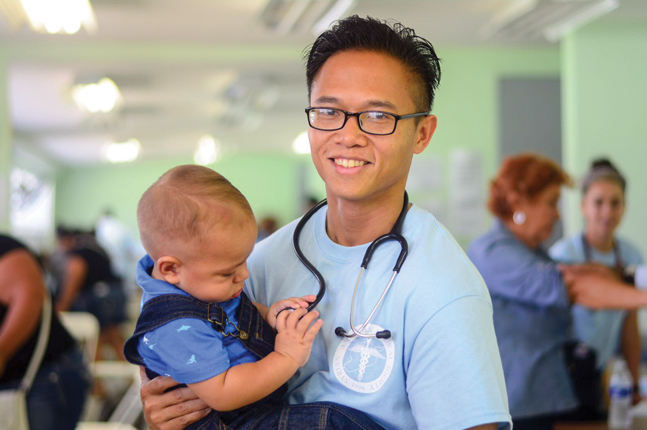
Jay Abad volunteering in Puerto Rico. Jay has also done volunteer refugee care in Greece. Both were coordinated by the Syrian American Medical Society (SAMS).
Morrison’s words taken to heart
Jay-Raymond N. Abad, UC Irvine ’02, is a former US Navy corpsman, True Blue Society member, registered nurse and soon-to-be adult gerontology-acute care nurse practitioner. These are just a number of the ways one can describe Brother Abad. Another way is as a hurricane relief volunteer in Puerto Rico.
Shortly after hurricane Maria ended and the need for aid became clear, Jay decided to take to heart the words of Robert Morrison and offer his skill as a nurse for hurricane relief.
“I’ll always remember Robert Morrison’s quote “To do what ought to be done, but would not have been done unless I did it, I thought to be my duty.” That has always stuck with me. I felt that if I had the means to go, that it was my duty to go. I believe that every little bit helps. I wasn’t out there trying to change the world. If I could just impact one person, then it would be worth it.”
He initially worked in Ponce in the south of Puerto Rico where he helped with a makeshift inpatient facility which was converted from a basketball arena. There the team took care of patients with chronic illnesses and those who could no longer be taken care of because the facilities that they were in were shut down. During this time, he (and his group) also performed community wellness visits to various shelters checking in on a multitude of patients.
“Our greatest concern was that many of the patients didn’t have their medications because many of the local doctors had evacuated and many of the local pharmacies were closed.
I serve because I have always believed in service. Helping others is not only a benefit to others but also to oneself. By giving my time and energy to other people, I am, in turn, motivated to better myself overall as a person. My undergraduate experience really cultivated the concept of community and how I should always strive to do my part within that community.”
There you have it. From different types of leaders, a common theme emerges: knowing how to lead in a crisis doesn’t happen at the moment the crisis occurs; it happens over time. Through practicing the decision-making that requires a high degree of integrity and character and by focusing on developing and caring for the people you lead. Without this focus in a crisis situation, the plan will be ineffective and will not be safe for the people involved.
Three of the brothers felt called to serve professionally and knew their career directions before becoming Phi Delts. They were seeking friends who shared their values and high standards and found them in Phi Delta Theta.
Why did you choose Phi Delta Theta?
Cameron Leiker: I liked the diversity of people. This melting pot effect was what broadened my view of humanity and my vision of what was possible.
Kevin Cornelius: I was following the advice of my father to “surround yourself with good people” and found such people at Phi Delt my junior year. I didn’t fully grasp the Rectitude aspect of the Cardinal Principles then, but have come to appreciate them as life has unfolded.
John Friedel: It was friendship that drew me in. Despite the fact that my brothers-to-be knew I had a very different perspective and would likely challenge many of the norms of fraternity life, they invited me in anyway. It was absolutely courageous and loving of my brothers to invite me in knowing I was going to be a challenge. They trusted me to hold the mirror of our values.
What is your favorite Phi Delt memory?
CL: Brother Roger Heineken, Emporia State ’78, was my chapter mentor. Roger is an example of what RIGHT looks like. He showed me that the way to mentor was to get to know a person and genuinely understand what he wants to do in life.
KC: My favorite Phi Delt memory happened this summer at the Kleberg Emerging Leaders Institute when I heard The Bond proclaimed from the speaker’s memory during the opening ceremony. I was reminded of our history and its ties to scriptural truth. I was also impressed with the level of commitment on the part of the faculty.
JF: To this day, among the most meaningful Masses I celebrate are those with my brothers.

